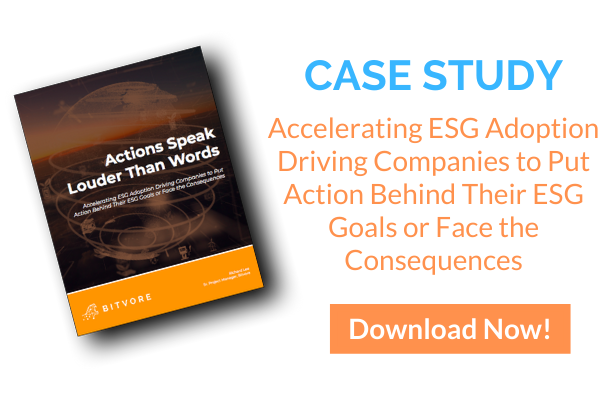
Financial regulators appear determined to ensure that asset managers cannot exploit rapidly growing demand for ESG strategies by enticing investors with misleading or unrealistic claims. Verena Ross, the chair of the European Securities and Markets Authority, the EU watchdog, said last month that asset managers should make more efforts to “avoid misleading disclosures to investors about the greenness of a financial product”.
The challenges to asset managers are complicated by the fact that the rules covering ESG products are still evolving on both sides of the Atlantic. Key details have yet to be finalized for the EU’s Sustainable Finance Disclosure Regulation, which could affect how a fund is classified and sold to investors. Meanwhile, the US Securities and Exchange Commission recently launched a consultation to determine which disclosures should be made by funds that carry terms such as “ESG”, “sustainable” or “low-carbon” in their names.
A total of 273 asset managers, who together oversee investments worth $61.3 trillion, have now signed up to the Net Zero Asset Managers (NZAM) initiative, an industry coalition, setting interim targets for emissions reductions by the end of this decade that are consistent with the 50 per cent reduction in CO₂ output needed to limit global warming to 1.5C above pre-industrial times. Members though have flexibility in interpreting how the NZAM framework is applied to their businesses, making comparisons challenging.
For example, amongst the industry titans currently articulated stances vary significantly; BlackRock estimates that a quarter of its assets invested in corporate and sovereign issuers are currently aligned with next zero and this should increase to “at least 75 per cent” by 2030, Vanguard expects that about $145 billion of its $1.7 trillion in actively managed assets will be net zero aligned by 2030 but says that it cannot attach net zero targets to its index trackers as this goal was not built into the original objectives of these funds, and State Street Global Advisors has attached net zero targets to index trackers that already have a climate component or that “may be reasonably expected” to adopt a climate objective.
Consistently environmental campaigners remain dismayed by the refusal of BlackRock, Vanguard and State Street to commit to ending new investments in fossil fuel projects. It is estimated by Reclaim Finance, a campaign group, that the three asset managers own circa $350Bn worth of securities issued by the world’s largest oil and gas companies such as BP, Chevron, ExxonMobil, Shell, Saudi Aramco and Total Energies. A significant proportion of these fossil fuel investments are held in indexing tracking funds which track broad market benchmarks. As we saw recently with the swift removal of Russian companies from index trackers, following the invasion of Ukraine, asset managers do have the ability to determine which companies are included in the benchmarks they license for their investment offerings.
Ultimately it is the end investor who should dictate where and how their money is invested. The question remains whether asset managers, and regulators alike, are acting fast enough to ensure appropriate levels of transparency to inform investors become prevalent.
Developing a comprehensive approach to enterprise ESG risk management requires invigorating activities to respond to both the long-term structural risks posed by climate change policy as well as the shorter and mid-term risks posed by issues such as geopolitical conflicts, and human rights abuses and concerns revolving around social justice topics.
While it is impressive to watch investment offerings continue to evolve to encompass ESG prioritization initiatives, it’s time for more investors to demand and drive investment offerings that match their individual desired ESG objectives and outcomes.
Trusted by more than 70 of the world’s top financial institutions, Bitvore provides the precision intelligence capabilities top firms need to counter risks and explore opportunities with power of data-driven decision making.
Uncover rich streams of insights from unstructured data that act as the perfect complement to the internal data and insights your firm is already generating. Our artificial intelligence and machine learning powered system provides the ability to see further, respond faster, and capitalize more effectively.
Get in touch today to learn how the Bitvore family of products can help your organization at www.bitvore.com.


